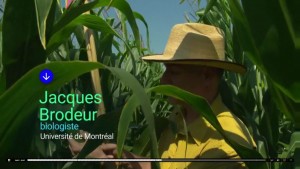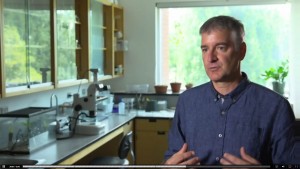Our recent study entitled ” Who is the puppet master? Replication of a parasitic wasp-associated virus correlates with host behavior manipulation” published earlier this year in Proceedings of the Royal Society B: Biological Sciences, has been featured in a TV documentary by ici Radio. The video can be viewed online here: http://ici.radio-canada.ca/tele/decouverte/2015-2016/episodes/360905/vie-mort from 23 minutes to 32 minutes.
An article has also been written and can be seen here: http://ici.radio-canada.ca/nouvelles/science/2015/11/06/001-insectes-coccinelles-oeufs-guepes-virus-zombies-parasites-decouverte.shtml
Jacques Brodeur has been studying the intriguing interaction between the ladybeetle and its parasitoid wasp for years.
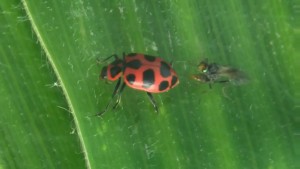
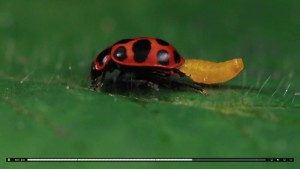
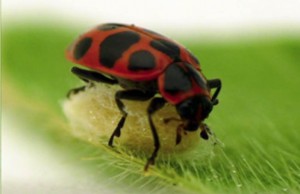
The parasitoid wasp Dinocampus coccinellae deposits its egg within the abdomen of its ladybeetle host. Twenty days later, a larva egresses from the abdomen of a ladybeetle. It will then spin a cocoon within which it will pupate into an adult wasp. The ladybeetle behavior is then modified: it remains on top of the parasitoid cocoon and protects it from predators.
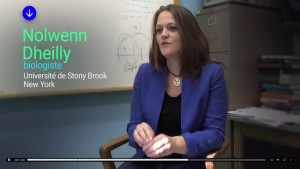
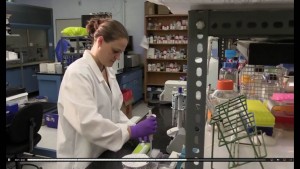
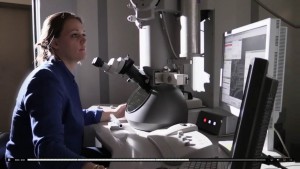
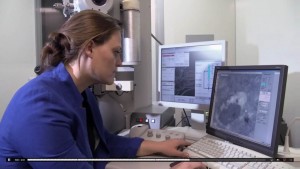
Nolwenn Dheilly used Genomics Approaches to identify the mechanisms responsible for the manipulation. She discovered a new virus species, the Dinocampus coccinellae Paralysis Virus, that seems to be employed by the wasp, as a biological weapon to manipulate the ladybeetle behavior. Transmission Electron Microscopy revealed the presence of the virus in the nervous tissue of parasitized ladybeetles and in the oviducte of parasitoid wasps.
Images from http://ici.radio-canada.ca/tele/decouverte/2015-2016/episodes/360905/vie-mort

